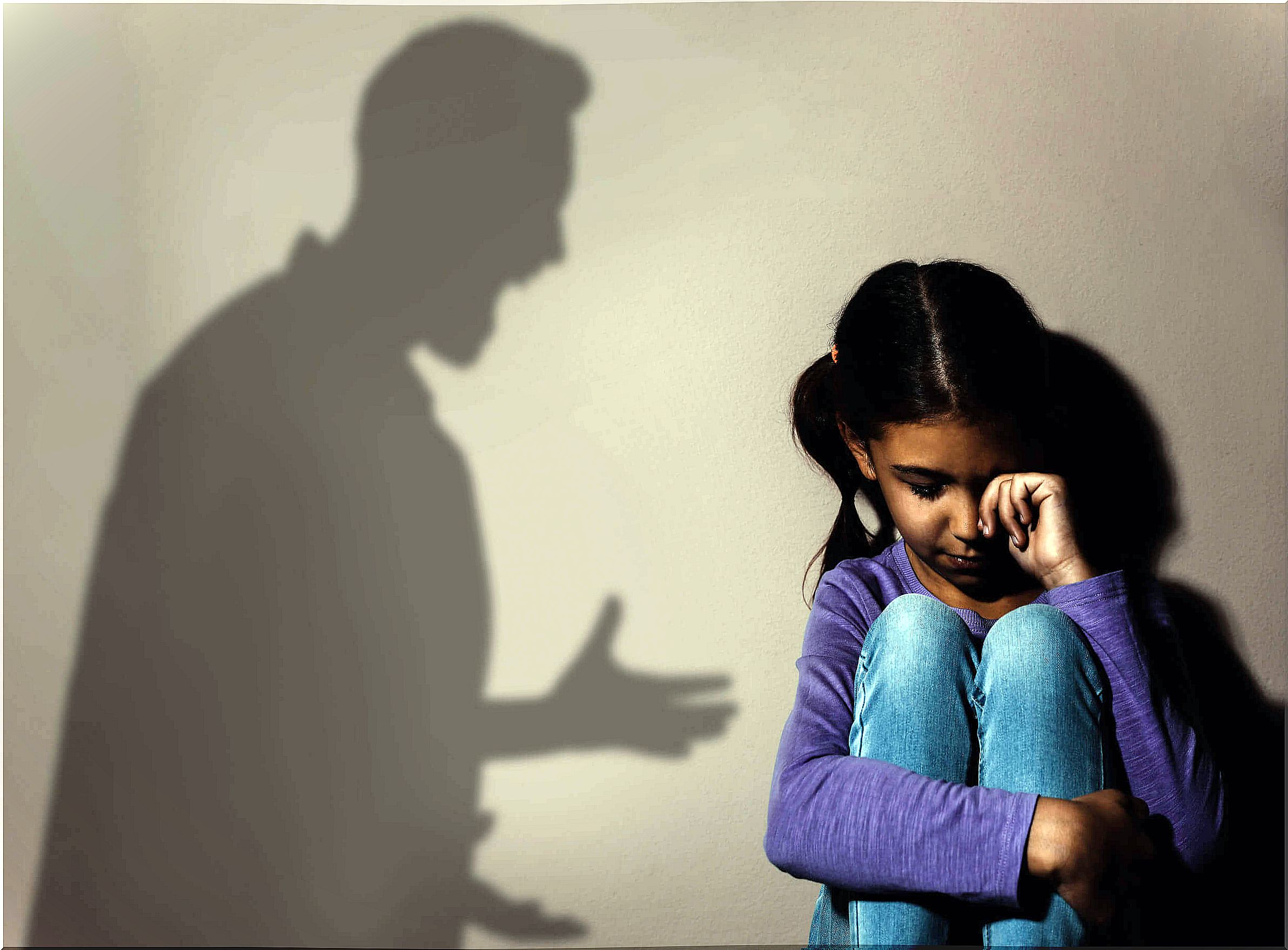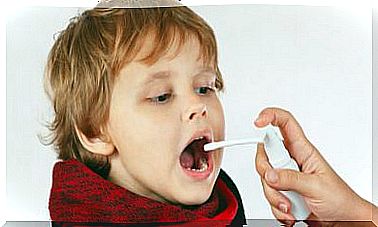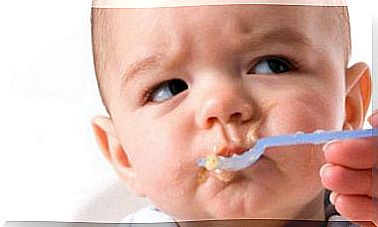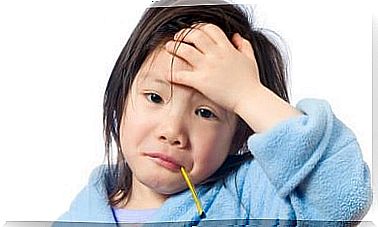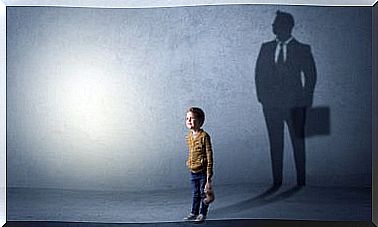The Difference Between Punishment And Discipline

There is a big difference between punishment and discipline when it comes to educating and correcting children. Punishment is more focused on making the child suffer a consequence for having broken a rule, while with discipline what we do is teach them to make the best decision if it happens again. It is important that we are all clear about this difference when raising our children.
We all know that educating children is not an easy task, but it is necessary that we be clear about certain aspects and guidelines to educate. In this way, we will achieve greater success in their education without having to make them suffer. In the following lines we will see more clearly how both concepts differ.
What is the punishment?
The punishment is based on establishing a consequence, often negative for breach of the rules or standards. Perhaps this feeling or need to impose punishment on the children comes from the parents’ frustration at not knowing what to do or from their despair.
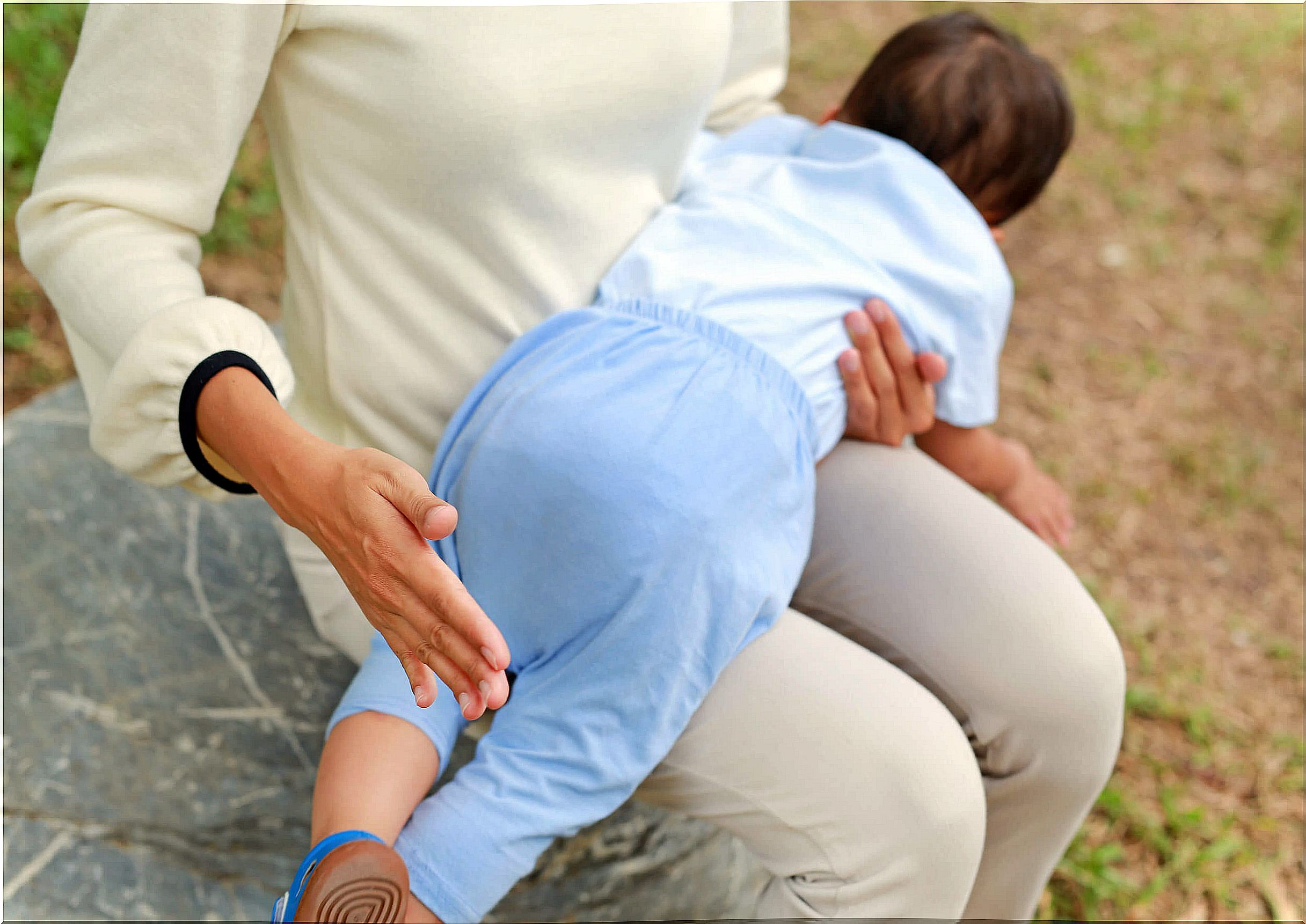
Some parents feel compelled to yell, spank, or remove privileges to send the message that either they change their behavior, or they will have negative consequences.
Punishment attempts to control the child instead of teaching him to control himself. Punishments can often change a child’s thinking about himself. An infant, if severely punished, may think “I am bad” or “I am not a good person”, instead of thinking that he has not made the right decision.
Parents with an authoritarian educational style are more likely to punish children. A cheek is intended to do physical harm to the little one so that he does not return to misbehavior. This can cause not only physical damage in itself, but also psychological damage, also damaging your self-esteem.
Are punishments a good option?
Punishments are not a good option to educate children; They do not teach them to behave and they may repeat the bad behavior again. If a child is spanked because he has hit a friend or brother, he does not learn to resolve conflicts peacefully. In addition, he will be confused, since he will not understand why it is okay for his parents to spank him but it is not okay for him to hit a friend or brother.
Punishment also increases anger towards the person who has punished him, rather than understanding the reasons why they have had this behavior. So instead of thinking and pondering how you can do better the next time you find yourself in this situation, you are stuck in a corner for a long time and wondering how you can get back at the person who put you there.
What is discipline?
The discipline , unlike punishment teaches children skills and resources to learn to manage their behavior and solving problems, also controlling their emotions. With discipline we help children to learn from their failures and teach them appropriate ways to combat emotions such as disappointment or anger. Some discipline techniques are the removal of privileges or time out.
These are intended to give children a negative consequence so that they make better decisions in the future. Good discipline must have clear rules and negative consequences, if the former are broken. Punishments carry more disproportionate consequences. For example, when a child does not want to turn off the television, the punishment would be to leave him without watching television for a week, while with discipline he is left without it for 24 hours.
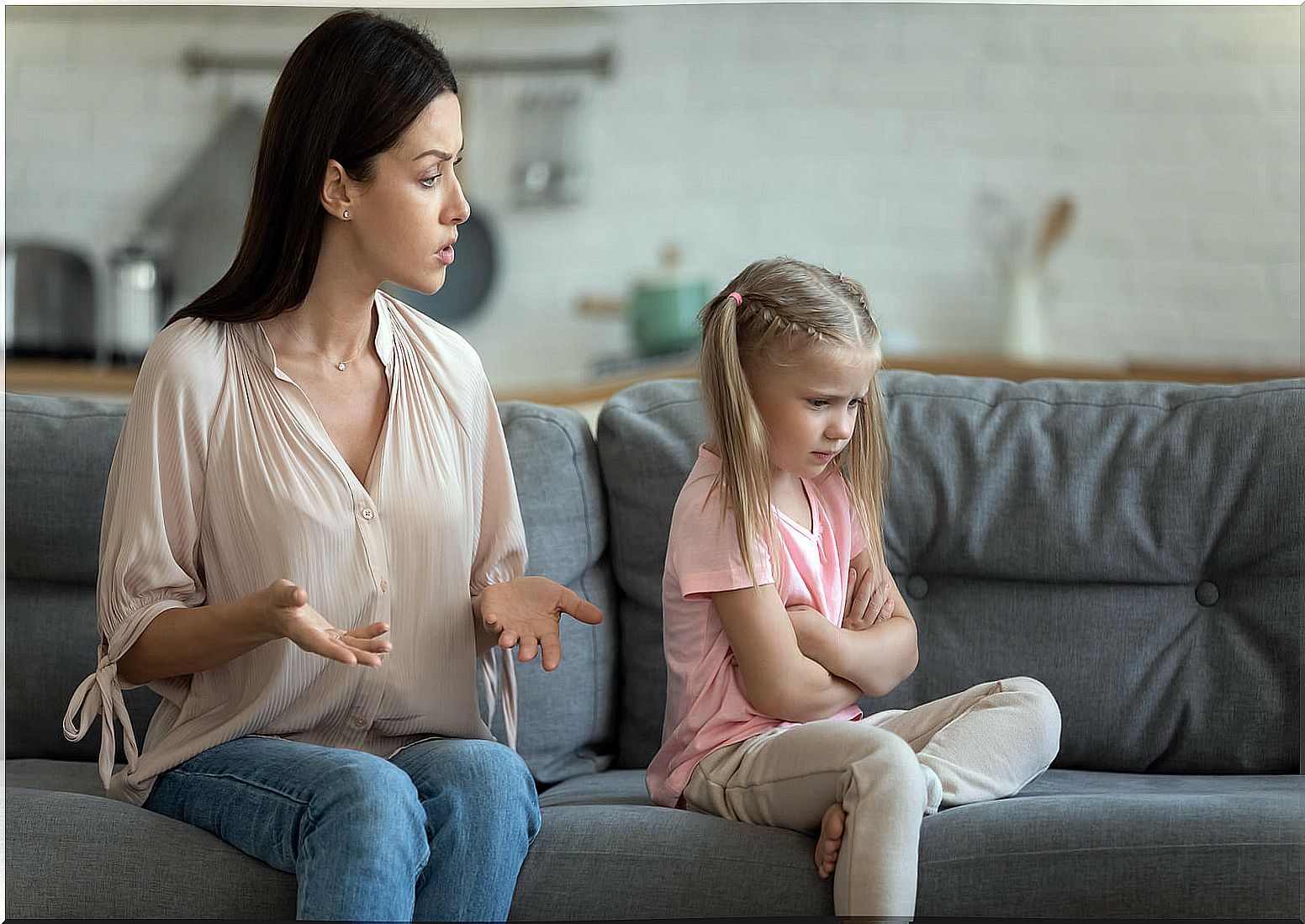
Why is good discipline the best option?
We can say that discipline is more proactive (it prevents behavior problems and makes children learn from their mistakes), rather than reactive (reacting to misbehavior by establishing a consequence). Positive discipline techniques include reward and praise systems.
Positive reinforcement will cause a behavior to follow and give children positive incentives to respect the rules and regulations. Discipline will help the relationships between children and parents to be positive, so this good relationship will reduce children’s desires to attract the attention of their parents, thus promoting their good behaviors.
As for the difference between punishment and discipline …
As you have seen, punishment and discipline are two very different things, both in the form and in the results they produce. A punishment is more aimed at causing a discomfort or suffering in the child, while discipline teaches to think and reason why a bad decision can lead to negative behavior. In this way, it is achieved that the next time the little one thinks about it and does not act in the same way again, learning from his mistakes.
